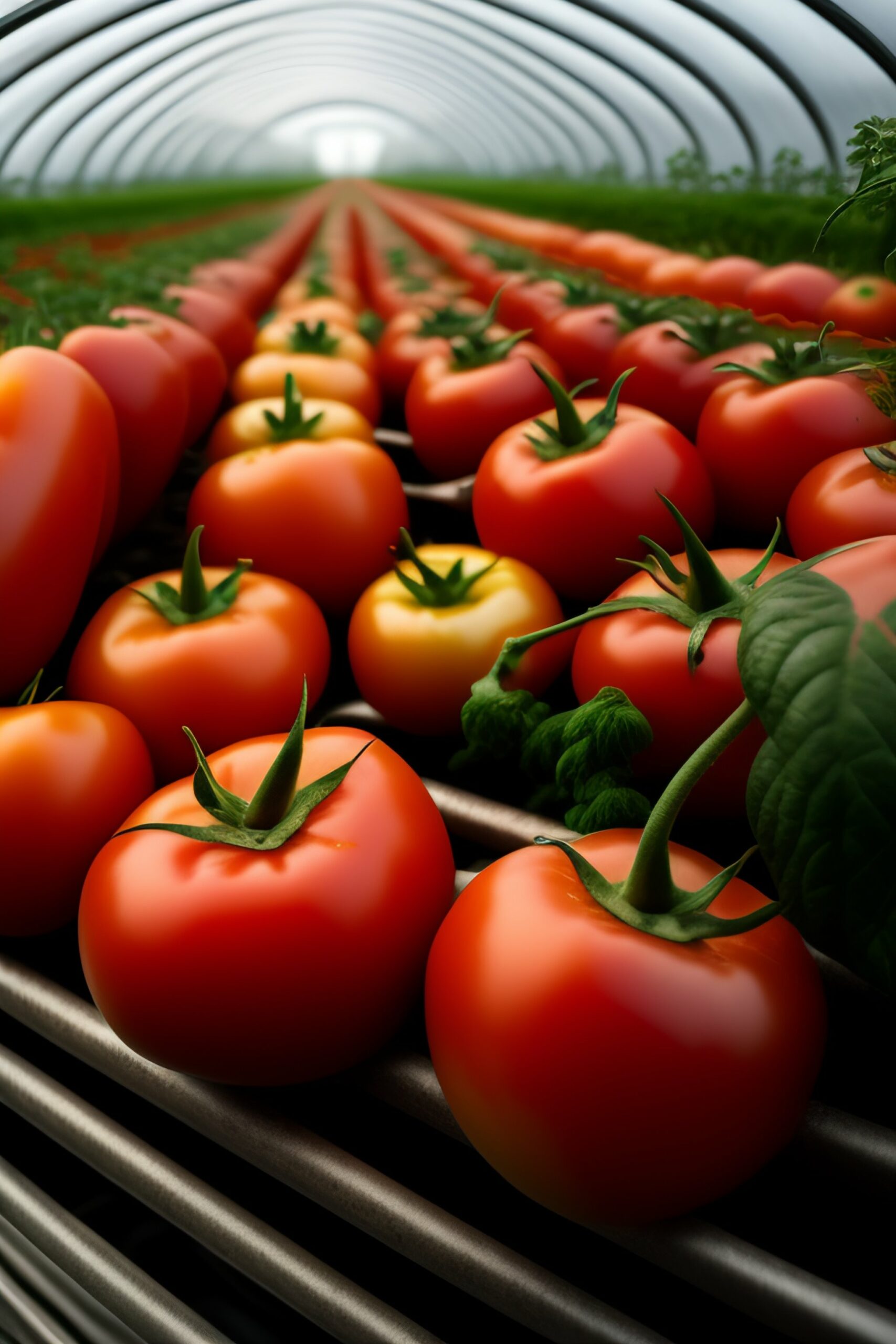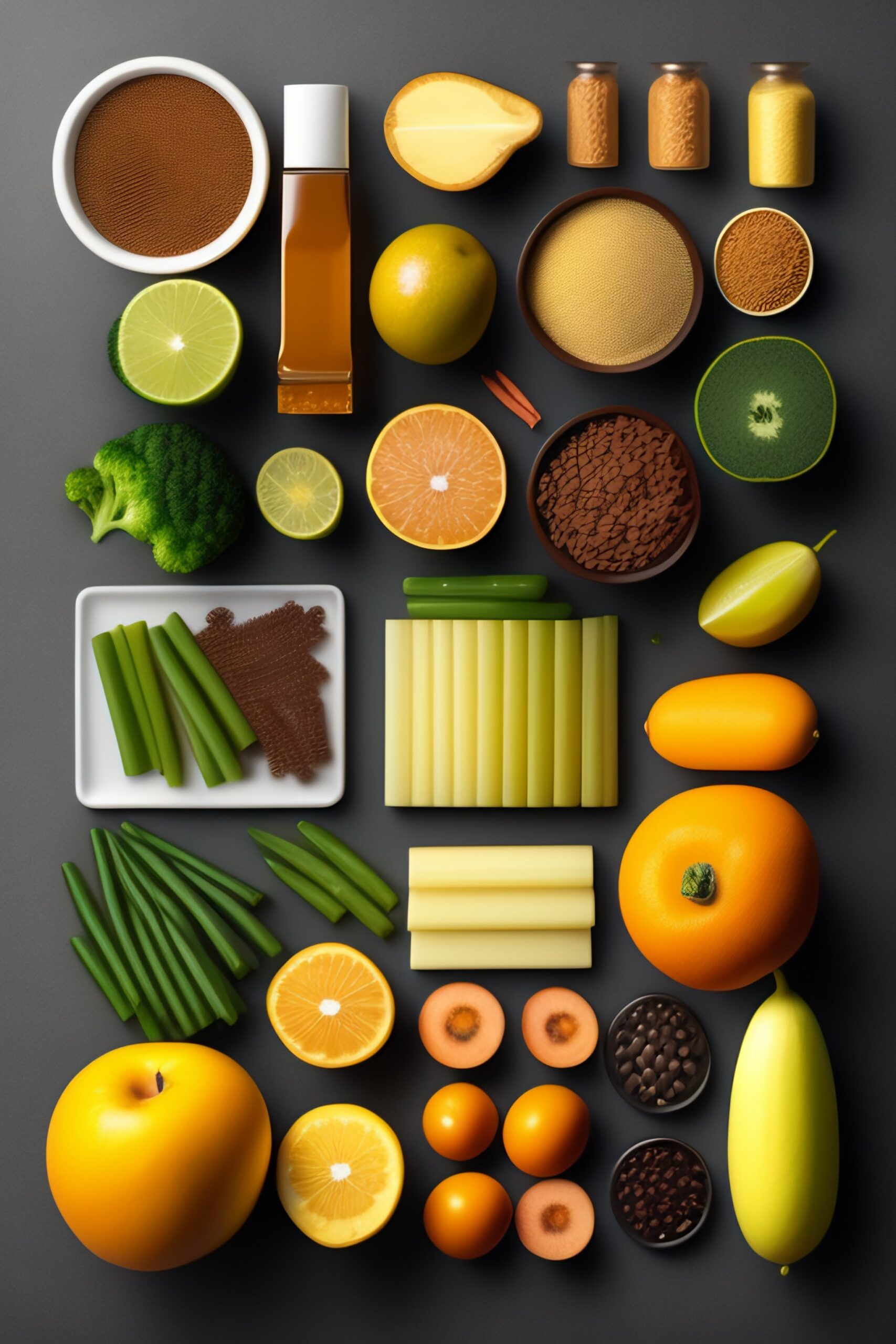Organic food production is becoming increasingly popular as consumers become more aware of the health and environmental benefits of organic food. Organic food production is a form of agriculture that avoids the use of synthetic fertilizers, pesticides, and other chemicals. Instead, organic farmers rely on natural methods such as crop rotation, composting, and biological pest control to produce food.
Organic food production has been growing in popularity for several reasons. First, organic food is healthier than conventionally produced food. Organic food is free of synthetic chemicals, which can be harmful to human health. Organic food is also higher in nutrients, such as vitamins and minerals, than conventionally produced food.
Second, organic food production is better for the environment. Organic farming practices help to reduce soil erosion, conserve water, and reduce air and water pollution. Organic farming also helps to preserve biodiversity by avoiding the use of synthetic chemicals that can harm beneficial insects and other wildlife.
Third, organic food production is becoming more accessible. As more people become aware of the benefits of organic food, more stores are stocking organic products. This makes it easier for consumers to find organic food in their local area.
Finally, organic food production is becoming more affordable. As demand for organic food increases, prices are dropping. This makes organic food more accessible to people with lower incomes.
The growing demand for organic food production is a positive trend. Organic food is healthier, better for the environment, and more accessible and affordable than ever before. As more people become aware of the benefits of organic food, demand for organic food production is likely to continue to grow.






